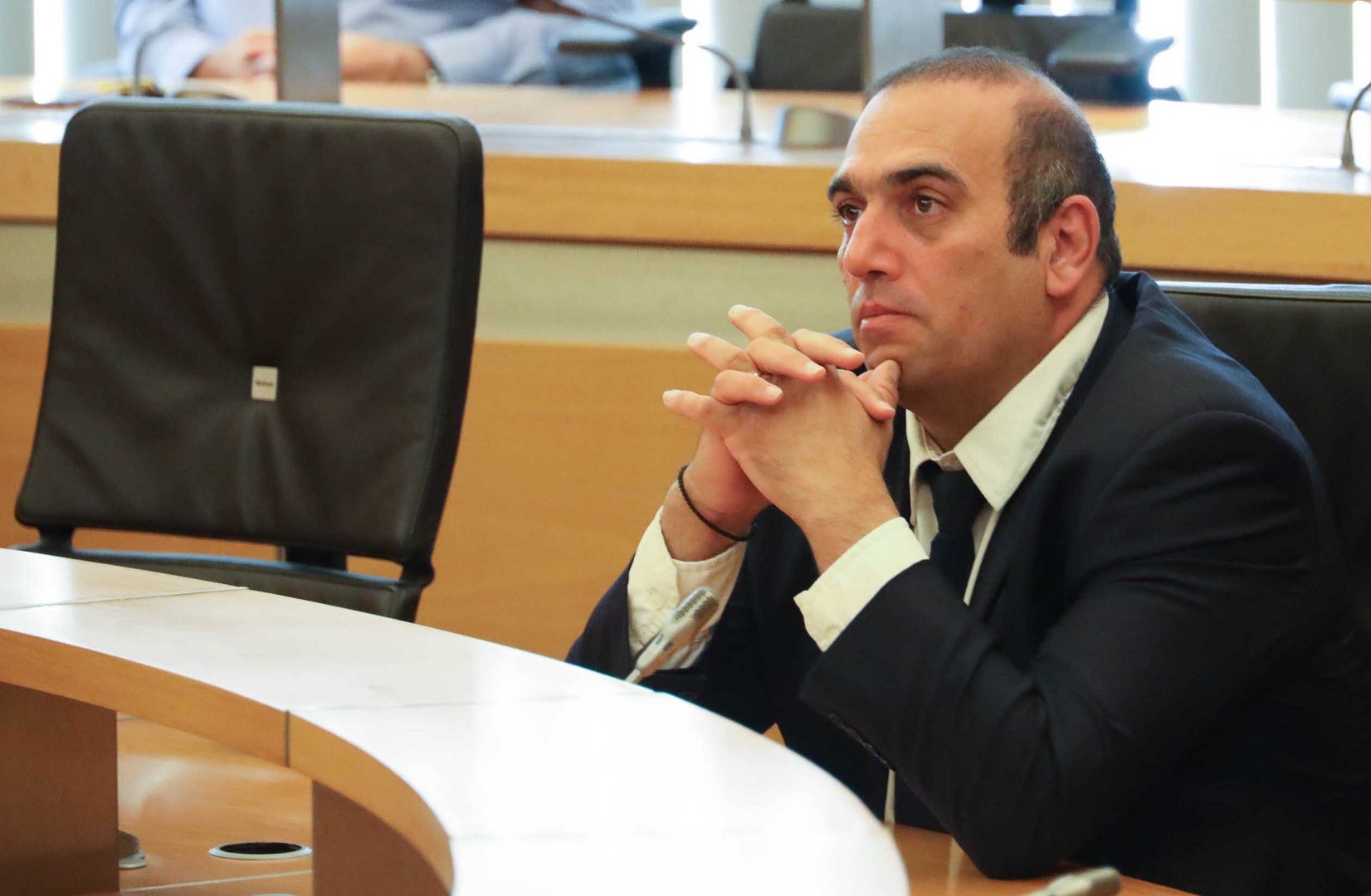Famagusta district governor Yiannis Karousos on Friday said that water which is unaccounted for is costing consumers in Cyprus €13 million per year.
This figure, he said, is based on the audit office’s finding earlier this week that 29.35 per cent of Cyprus’ water supply is not being metred and is thus not being paid for, translating to a total of 48.1 million cubic metres of water being effectively “lost” between 2021 and 2023.
At a cost of 82 cents per cubic metre, he said, the total cost of the lost water amounts to almost €40m, or €13m per year, which, he said “ordinary people paid for, but which never reached their homes or businesses”.
“These losses are the equivalent of 42 per cent of the capacity of the Kourris reservoir, or almost 93 per cent of the capacity of the Asprokremmos reservoir,” he said, referring to the island’s two largest reservoirs.
“Instead of these amounts being invested in upgrading the networks, they are lost, and the bill is transferred back to ordinary people. This, at a time when the government has recognised the need to implement projects to reduce losses in the network,” he said.
With this in mind, he said he has already “repeatedly requested the promotion of two critical projects” in his district, namely the “identification and repair of losses”, and the replacement of the main pipeline which transports water to Ayia Napa.
These projects would be financed by €8m worth of funding which the agriculture ministry’s permanent secretary Andreas Gregoriou had announced during an appearance at the House audit committee in June.
However, he said, “despite the written assurances of approval, the government has not yet clarified how and when the disbursement of the approved funds will proceed and has not responded to our requests for clarification”.
“The government must take the initiative and invest in district governments’ networks. Such a decision will lead to millions of euros worth of savings, protect a valuable natural resource, and reduce costs for ordinary people, who are entitled to modern and reliable water supply networks,” he said.
“Limiting losses means lower bills for ordinary people, sufficiency for agriculture, and sustainable management of the most valuable commodity – water.”
Previously, he had said he will have “zero tolerance” for the theft of water from his district’s supply, announcing that his district government had “launched a campaign to identify” cases of theft and other “illegal interventions in the water supply network”, and that to this end, “specific cases have already been identified”.
He also called on the public to “immediately inform the Famagusta district government” if they “notice suspicious actions”.
“We will not tolerate the righteous paying for the crimes of some. The Famagusta district government will continue with zero tolerance its efforts to combat such phenomena, securing water as a valuable public good and protecting the people of the Famagusta district,” he said.
The matter of water being unaccounted for was raised at the House audit committee in June, with MPs being told of a “lack of meters” and a “poor monitoring of consumption” in the Famagusta district, resulting in as much as 4.5 billion litres of water being lost annually.






Click here to change your cookie preferences